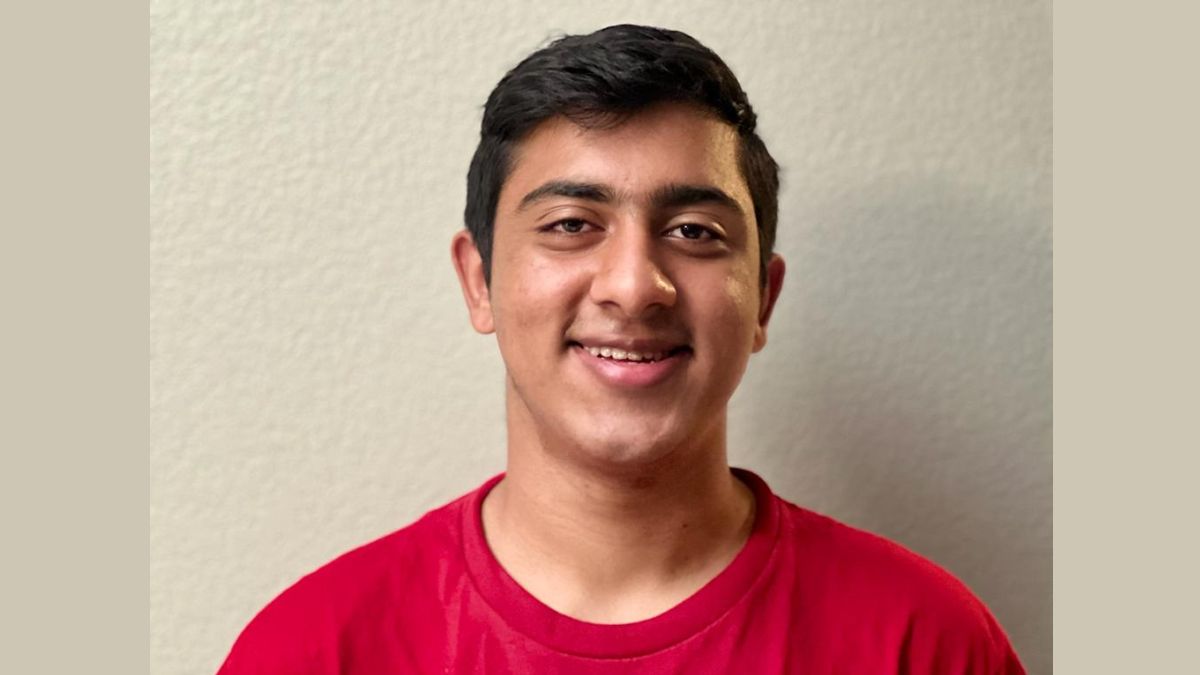This High School Student’s Web App on Early Melanoma Detection Offers Hope in the Fight Against Skin Cancer

New Delhi (India), September 26: Incidences of skin cancer have been rising throughout the world lately. The AAR (age-adjusted rates) per 100,000 of melanoma of the skin was highest in the North region of India for both males and females with 1.62 and with 1.21, respectively. Lower-income families with limited means do not have access to the first level of protection or knowledge for skin care. There are three main types of skin cancer – basal-cell, squamous-cell, and melanoma. Out of these three, melanoma is considered to be the most aggressive form of skin cancer. Signs include a mole or a lesion that has changed in size, shape, or color, or irregular edges.
17 years old, Pranit Mathur, a High School Senior from Mt.Carmel High School, San Diego, California created a free public web app to detect melanoma using the machine learning algorithm after researching and publishing an article about this topic under Ph.D. researcher Dr. Mrityunjay Sharma. Mathur’s motivation behind this app was his grandmother who passed away in India due to stage-4 cancer. He approached an NGO Hamari Pehchaan to raise awareness on initial detection of melanoma using his web app, educating less privileged communities in slums of Gurgaon. The web app, accessible to all, is super easy to use in the privacy of one’s home by taking a picture of the concerned area and uploading it to the app. The app returns the results within seconds. This can be used as an early detection tool or as an indicator to be seen by a doctor for further diagnosis. During the awareness workshops, Mathur also distributed sunscreens as they are the first defense mechanism from harmful UV rays.
Mathur has conducted multiple webinars locally in San Diego and remotely via Zoom in India. These webinars included kids as well as parents. Mathur used this platform to spread awareness and provide answers to their questions related to skin cancer. About 60-80 people attended these workshops and the main takeaway was how easily they can use the web app to detect early signs of skin cancer, with some kids so intrigued with machine learning that they were motivated to create their own apps using this technology.
In Mathur’s opinion – even if one life can be saved via this web app it will make all his efforts worth it. He is passionate to continue building such apps for the early detection of various diseases whenever possible. Link to the app: <bit.ly/skincancerwebapp>
Although this app has a high level of accuracy, it is strongly advisable to consult a medical professional to confirm the diagnosis. While testing the app, he reached out to various dermatologists for validation of the accuracy of the machine-learning models. Here is the quote from one of the leading dermatologists from The Apollo Hospital, Delhi. “The web app shall help the patients to assess the severity of the hardened pigment and seek medical attention which is so important in the management of malignant melanoma. Based on a sample of my testing data, this algorithm worked with 90% accuracy”.